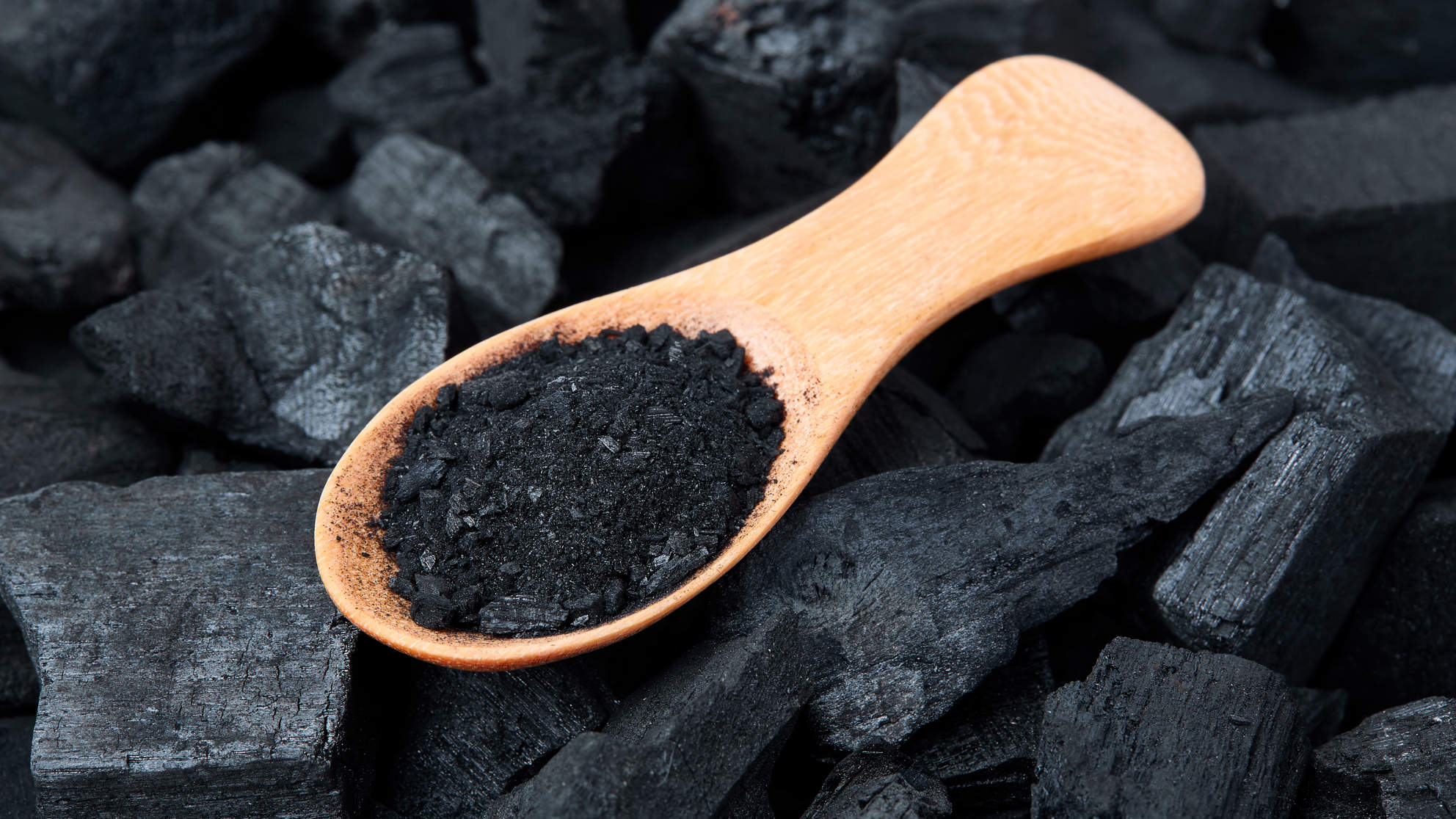
The body pointed out that not only is coal power the largest single contributor to greenhouse gases like carbon dioxide and nitrous oxide, it is also responsible for 41 per cent of mercury emission, which can travel a long distance before being deposited in soil or water.
They gave the example of the European Union where as at 2009, energy generation from coal accounted for 18,200 premature deaths, 2.1 million days of medication, 4.1 million days of lost work and 28.6 million cases of lower respiratory disorders.
The Country Director of Global Rights, Abiodun Baiyewu-Beru, in a report titled: ‘Power at all Cost’, in Abuja, explained that emissions affect more communities than coal plant host areas.
She argued that the 30 per cent coal power source utilisation policy is in contrast with the commitment made by President Buhari at the Climate Change Conference at Marrakech (COP22) in 2016 that Nigeria would become a reference point in carbon emission reduction. She added that the country is also a signatory to the Minamata Convention on mercury.
Baiyewu-Beru said although coal is still the largest source of energy globally, there is a paradigm shift in its use, as more countries are beginning to work towards cleaner and renewable sources, like solar, thermal and wind.
The Country Director of Power for All, Ifeoma Malo, said the quickest, cheapest and most sustainable means of enabling Nigerians access electricity is through decentralised renewable energy. This is because there are arguments that coal and gas would finish but there would always be sunlight.
[ad unit=2]



